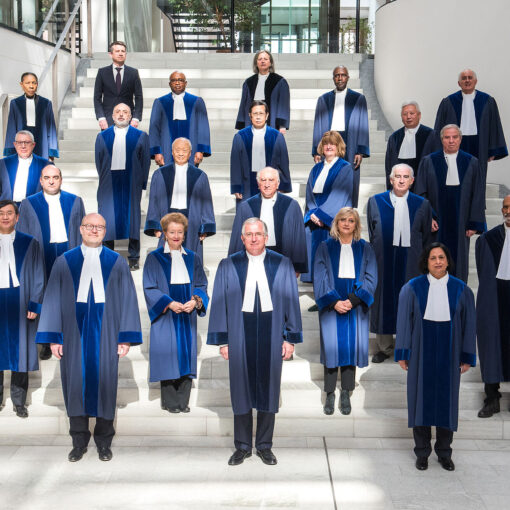
Jennifer M. Klein, Esq., Associate Director & Fellow
Meredith Wilensky, Esq., 2013-2014 Associate Director & Fellow
During the past two days, negotiators have continued to work their way through draft text. When observing negotiations, it quickly becomes clear that the COP has its own distinct vernacular, with commonplace terms taking on new meaning. Here, we define a few of the most prevalent terms demonstrating key issues underlying the negotiations.
Adequacy – This term refers to the ability of any agreement to achieve the COP’s ultimate objective to stabilize atmospheric GHG levels so as to prevent dangerous anthropogenic interference with the climate system. Parties have repeatedly noted that for the 2015 agreement to be “adequate,” countries’ Intended Nationally Determined Contributions must reduce GHG emissions enough to stay within the global carbon budget. Dr. Pachauri emphasized during the opening session on Monday that, according to the IPCCC’s Fifth Assessment Report, we have already used 65% of this budget.
Ambition – This term refers to the collective will of the Parties to cut global GHG emissions enough to achieve adequacy. Throughout the Lima negotiations and side events, parties have worked to raise ambition for the 2015 agreement by highlighting the need to commit to deeper emissions cuts.
Carbon Neutral – The goal of reaching net zero GHG emissions is referred to as “carbon neutrality.” Even though the term only refers to carbon, the concept applies to all GHGs. Most people following the climate change negotiations are familiar with the concept (the phrase was the New Oxford American Dictionary’s Word Of The Year for 2006). However, climate neutrality has become a virtual mantra at the Lima talks following the IPCC Fifth Assessment Report’s finding that we must lower emissions to near-zero by the end of this century to have a good chance of meeting the 2°C goal.
Differentiation – In the UNFCCC, the Parties commit to the principle of “common but differentiated responsibilities.” This equity-based principle acknowledges that countries’ responsibility to combat climate change differs both by their historical GHG contributions and by their current capacity to tackle climate change. In negotiations, a number of developing countries challenged the lack of differentiation in proposed texts, raising concerns that treating all Parties similarly would place undue burden on developing nations.
Political Parity – The ADP draft decision includes this term in an attempt to express the need to balance mitigation and adaptation efforts. However, this term has not been used in any previous UNFCCC texts, and in the afternoon session yesterday, delegates repeatedly expressed confusion about its meaning. In short, a clear definition of this term is yet to be determined.



